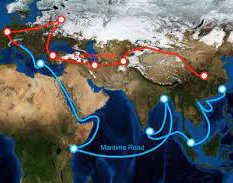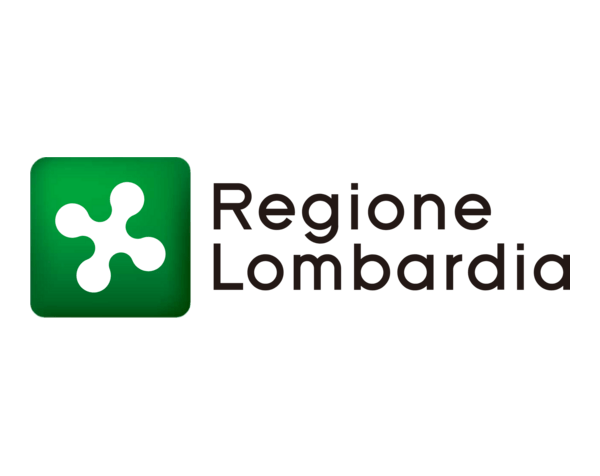The world's wealthiest democracies on Sunday announced a $600 billion global infrastructure initiative to counter China’s push to exert political and commercial influence through massive investments across emerging economies. [G7 unveils $600B plan to combat China's Belt and Road – Politico.eu]
U.S. President Joe Biden was joined by other G7 leaders in unveiling the group's counterstrike at a summit in the German Alps.
Biden declared that "our nation and the world stand at a genuine inflection point in our history," and added that the choices made in developing countries today would gird them against future shocks from climate change and pandemics and prepare them for the digital age.
The United States will aim to leverage a total of $200 billion for the program over the coming five years through a combination of federal financing and private sector investments. That adds to €300 billion already announced by the EU. Along with contributions from the other members, the overall target is to build a $600 billion scheme.
Biden never used the word “China,” but the rival on the other end of the race for global reach was clear, with the president declaring that when “democracies do all that we can offer,” they would triumph over autocracies.
“We’re offering better options for people around the world,” he said.
European Commission President Ursula von der Leyen said the aim was to present a "positive powerful investment impulse to the world to show our partners in the developing world that they have a choice."
The infrastructure plan was first unveiled a year ago, at last year’s G7 in Britain, but little progress was made and the program has been renamed. In 2021, it was dubbed “Build Back Better World” after Biden’s legislative push, but the implosion of his domestic agenda has led to a new moniker: the “Partnership for Global Infrastructure.” That will also be the umbrella term that captures the EU and U.K.'s own programs.
The plan is meant to compete with China’s “Belt and Road Initiative," which has tried to strengthen ties with the developing world, especially in Asia and Africa, by offering financing for large-scale projects such as roads, railways and ports. U.S. officials have consistently claimed that the nations that go into business with China end up with punishing debt and are offering the West’s plan as an alternative.
But much of the funding behind the new plan appears aspirational and seems to fall short of its lofty goals. The White House did announce Sunday a few early projects, including U.S. companies taking the lead on a solar power project in Angola, a vaccine manufacturing facility in Senegal, a modular reactor in Romania, and a 1,000-mile submarine telecommunications cable that will connect Singapore to France through Egypt and the Horn of Africa.
The partnership will also provide a structure for the G7 nations to combine their resources in offering emerging economies cash to turn off their coal plants. The first of these so-called Just Energy Transition Partnerships is being rolled out in South Africa — others are under discussion in India, Indonesia, Vietnam and Senegal. German Chancellor Olaf Scholz said Sunday that Berlin's contribution to South Africa would amount to €300 million.
Inflation has delivered a blow to the global infrastructure plan — as well as the bipartisan domestic version Biden signed into law late last year — making the projects more expensive than first planned. Moreover, the newly christened Partnership for Global Infrastructure has also been impacted by Russia’s invasion of Ukraine.
Biden’s initial plan had significant climate change goals that, while still present, have taken a backseat to an effort to combat the fuel cost crisis exacerbated by the war. The German G7 meeting had been intended to reaffirm the leaders’ fight against climate change, but the democracies have been more focused on bringing down the price of oil and gas than immediately reducing their emissions.
Many of the nations are reversing plans to stop burning coal while looking for oil and — to the delight of fossil fuel companies — are looking to spend billions to build terminals for liquified national gas. Both Italy and German have argued within the negotiations leading up to the meeting for the G7 to back short-term investments in gas.
"Our work on promoting infrastructure globally is also affected by the current geopolitical situation," said Scholz. "We have therefore discussed how our investment globally in climate-neutral and low carbon energy including gas can help us as a temporary response to Russia's use of energy as a weapon."



